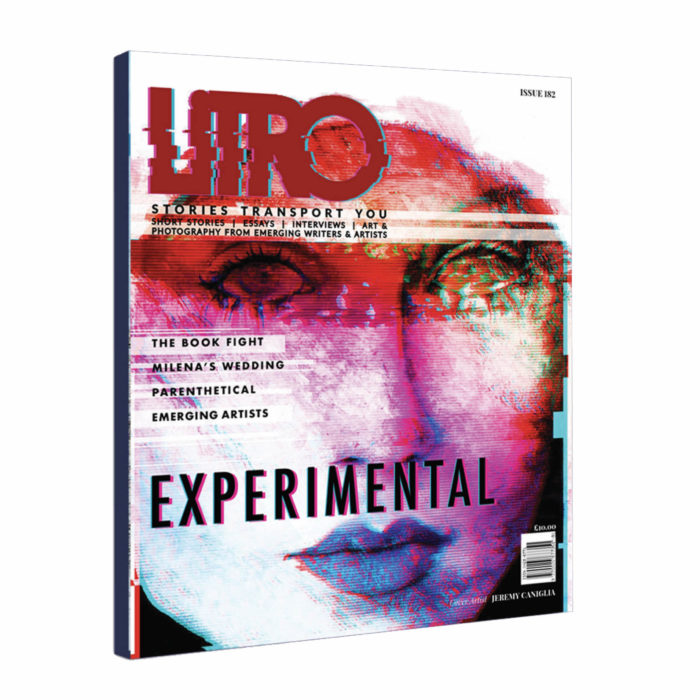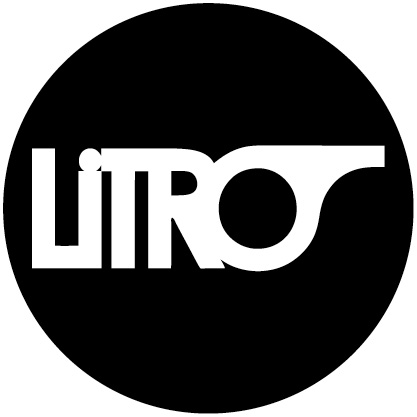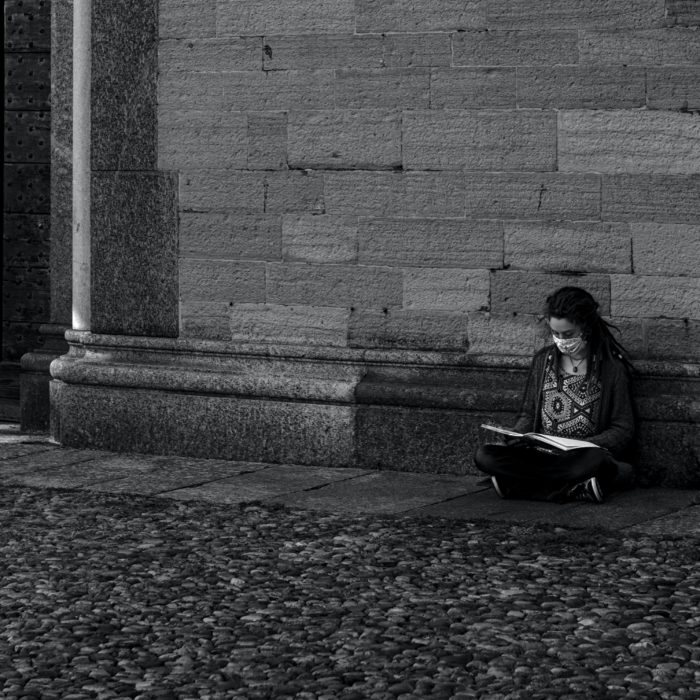You have no items in your cart. Want to get some nice things?
Go shopping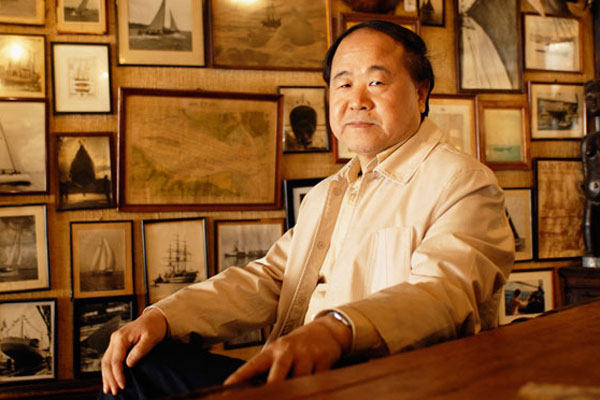
Here’s hypercapitalism at work in the book industry: following the Chinese author Mo Yan’s win of the Nobel prize for literature, Chinese Communist party officials plan to spend a whopping 70 million pounds (about $112 million) to turn his home village—the pastoral town of Ping’an in the eastern province of Shandong—into a “Mo Yan Culture Experience Zone”, starting with his family home.
According to the Beijing News, a local official, Mr Fan Hui, had told Mo Yan’s father, “Your son is no longer your son, and the house is no longer your house. It does not really matter whether you agree or not”, which is vaguely reminiscent of the stories of Olympic glory achieved at the expense of families, such as the 16-year-old diver Wu Minxia, who was told a slighter version of the truth about her mother’s battle with cancer while she was training hard, and only told that her grandmother had died (a year ago) after she won gold at the London Olympics. Her father reportedly told the Shanghai Morning Post, “We accepted a long time ago that she doesn’t belong entirely to us, I don’t even dare to think about things like enjoying family happiness.”
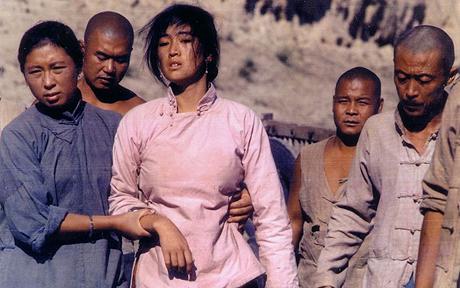
What’s more, a theme park based on Mo Yan’s 1987 novel and best known work, Red Sorghum (also made into a movie starring Gong Li—her film debut—and director Zhang Yimou), will also form part of the “Experience Zone”. Notwithstanding the fact that sorghum, a type of grain, ceased being planted in the area since the 1980s because it was unprofitable, reports say that Chinese officials plan to bring them back by planting 650 hectares of red sorghum.
It is not clear whether Mo Yan approves these projects.

About Emily Ding
Emily joined Litro in April 2012 as Literary Editor & Web Designer. She made over the website and introduced new developmental and editorial features to strengthen Litro's online presence. She left her position in January 2013, taking a backseat as Contributing Editor to concentrate on writing. She is a freelance journalist with a special interest in travel writing and foreign reporting (with an inclination for Asia and Latin America), and is now based in Malaysia. English is her native language, but she also speaks Mandarin and Spanish, having spent 2007-08 travelling in Central America.

